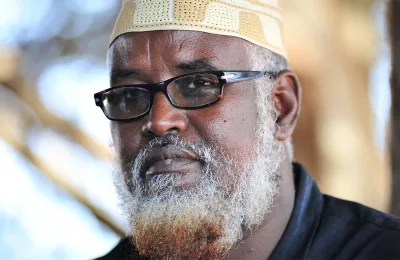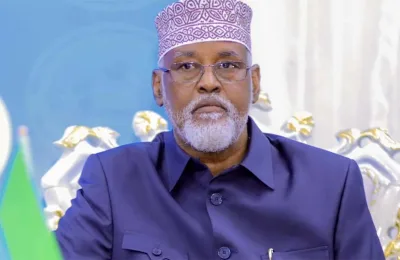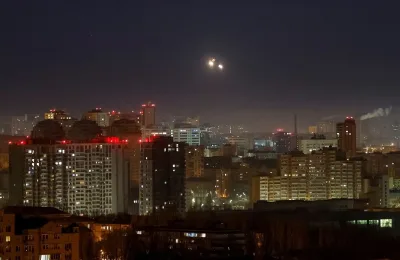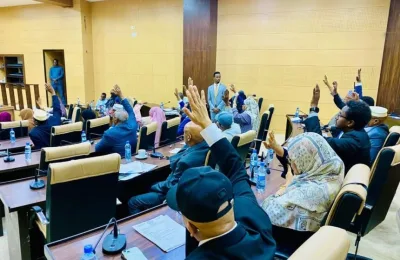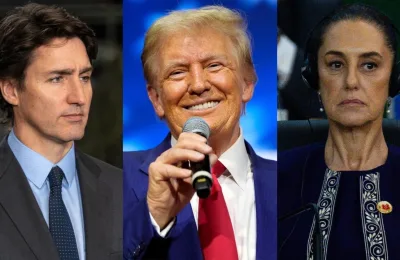Merkel stands firm on her controversial decisions, particularly regarding Nord Stream 2 and Germany’s energy relations with Russia.
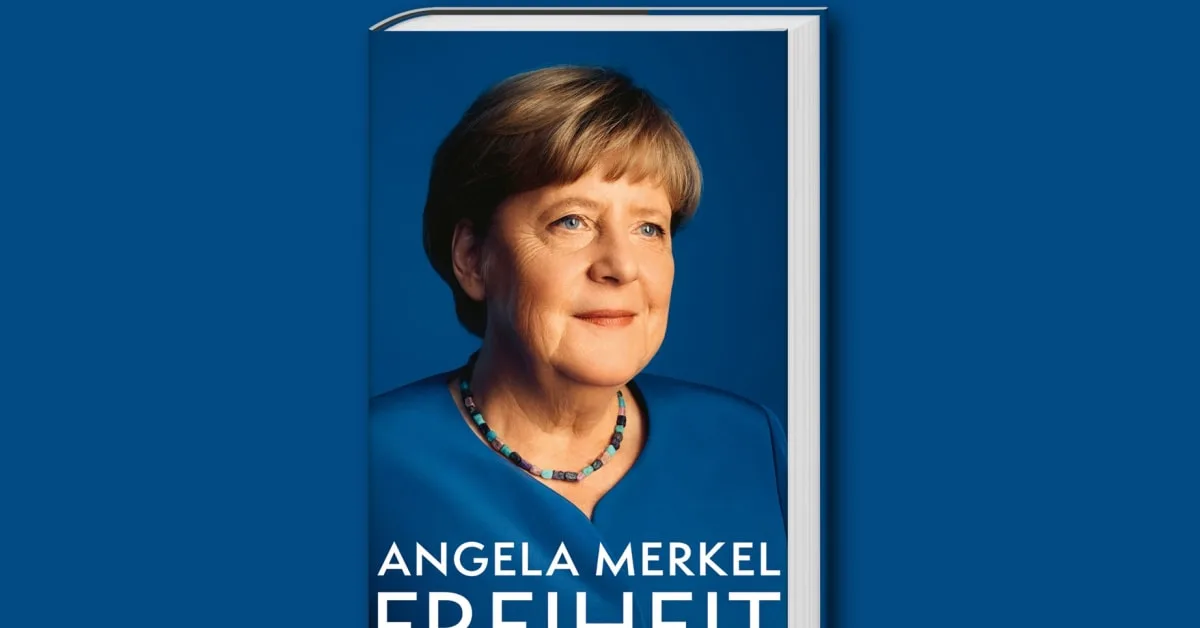
In her highly anticipated book “Freiheit” (Freedom), former German Chancellor Angela Merkel offers a deeply personal account of her political journey, addressing some of the most contentious moments of her tenure while providing insights into her decision-making process.
Set to be published on Tuesday, the 736-page memoir delves into Merkel’s life from her childhood in the German Democratic Republic (GDR) to her pivotal years leading Germany through complex global challenges. In a revealing interview with Der Spiegel, Merkel candidly discusses her most scrutinized political choices, including her approach to Russia and the Ukraine crisis.
Merkel stands firm on her controversial decisions, particularly regarding Nord Stream 2 and Germany’s energy relations with Russia. She argues that the gas pipeline project was a strategic attempt to maintain political and economic relations with Russia through shared prosperity. Despite widespread criticism, she maintains that at the time, neither political nor economic circles in Germany showed any desire to halt gas deals with Russia.
The book also offers a nuanced perspective on her handling of the 2015 refugee crisis. Merkel defends her decision to open Germany’s borders, stating that she felt the “credibility of European values and human dignity” was at stake. She describes the challenge as a delicate balancing act between concerns about terrorism and immigration, and fears of growing intolerance.
Reflecting on her early life in the GDR, Merkel provides intimate details about growing up under a dictatorship. She describes her childhood as happy, crediting her parents for creating a sense of security within an oppressive system. One particularly poignant anecdote involves her being removed from a lecture hall for choosing to complete physics assignments instead of listening to a lecture on Marxism-Leninism—a moment she says profoundly affected her.
Merkel acknowledges the ongoing debates surrounding her political legacy, especially concerning her approach to Russia and Ukraine. She remains reflective about the complex geopolitical landscape, questioning what might have happened had NATO membership negotiations with Ukraine progressed.
The book promises to be more than a political memoir—it’s a personal journey through one of the most transformative periods in modern German history. Merkel, who co-authored the book with her long-time collaborator Beate Baumann, will present it at a sold-out event in Berlin on Tuesday evening.
As expectations run high, Merkel herself admits that the book may not definitively end ongoing debates about her political choices. However, it offers readers an unprecedented look into the mind of a leader who shaped Germany and European politics for nearly two decades.


